Lazy Or Fearful?
It’s easy to misconstrue laziness
with complete lack of confidence
and/or self esteem.
The person or persons
who appear lazy to you
may simply be paralyzed with fear.
And so what do you do?
You call them lazy,
either actively and openly
or passive aggressively.
You say (or imply)
that you don’t understand
their unacceptable behavior.
Do you think this makes
the paralysis better or worse?
And so you try a third option,
audible support.
You say things like
“Don’t be silly. You can do it.”
You recount your own struggles
and how you managed to overcome them.
You selfishly believe that
you overcame your fuck-up-itness
so that you can help others
overcome their fuck-up-itness.
Nice try.
Until you know
that you don’t know anything,
your help is useless.
Why do you actually believe
that you have what it takes
to help others?
As for me,
I would rather be paralyzed
than to help paralyze others.
And so I am.
Hope this doesn’t help.
Trail Wood,
1/13
Space Monkey Reflects: The Fragility of Perception and the Burden of Understanding
In the intricate tapestry of human interaction, it is all too easy to misinterpret the behavior of others. What appears as laziness—a refusal to act or engage—may often conceal a deeper truth: the overwhelming paralysis of fear. This reflection urges us to look beyond the surface and question the assumptions we make about others’ struggles.
The act of labeling another as lazy, whether through open disdain or subtle implication, reveals more about our own need to categorize and judge than about the individual in question. It is an attempt to impose our framework of understanding onto a reality that may be far more complex than we are willing to admit. What if, instead of helping, our judgments and well-meaning advice exacerbate the very paralysis we hope to alleviate?
Judgment, Advice, and the Illusion of Help
Judgment often masquerades as concern. The well-intentioned but ultimately self-centered impulse to help often stems from our own unresolved need to validate our experiences. When we recount our triumphs over adversity, framing them as a roadmap for others, we assume a universality to our perspective that does not exist.
This isn’t to say that advice is inherently unhelpful, but rather that its effectiveness depends on an acknowledgment of its limitations. To believe that our insights alone can dispel another’s fear is to misunderstand the nature of fear itself. Fear is not simply a problem to be solved but an experience to be understood—and it cannot always be understood from the outside.
The idea that “you don’t know anything until you know you don’t know anything” reflects the humility necessary for true connection. Before we can hope to help others, we must first confront the limits of our own understanding. This humility doesn’t paralyze us; rather, it frees us to approach others with genuine curiosity and openness, rather than with predetermined solutions.
Choosing to Do No Harm
The declaration, “I would rather be paralyzed than to help paralyze others,” underscores the ethical weight of intervention. Sometimes, in our rush to assist, we inadvertently add to the burden of those we aim to support. Choosing not to act—or at least not to act without deep reflection—can be an act of profound compassion.
This perspective challenges the cultural narrative that action is always better than inaction. It invites us to consider whether our actions are truly about the other person or if they are, in fact, about alleviating our own discomfort with their struggle. The willingness to sit with another’s paralysis, without judgment or the compulsion to fix, can be more transformative than any advice.
Hope and the Paradox of Help
The final line, “Hope this doesn’t help,” is an ironic twist, a playful acknowledgment of the paradox of helping. True help often lies not in offering solutions but in creating space for others to navigate their own journey. By letting go of the need to be helpful, we allow others the freedom to find their own way, unencumbered by our expectations.
In the end, the reflection invites us to embrace the discomfort of not knowing, to resist the urge to label or fix, and to recognize the profound interconnectedness that binds us all in our struggles and triumphs alike.
Summary
Laziness is often a misinterpretation of fear’s paralysis. This reflection challenges the impulse to judge or offer advice, highlighting the importance of humility, openness, and the choice to do no harm. True help comes from creating space, not imposing solutions.
Glossarium
- Fearalysis: The state of being paralyzed by fear, often misjudged as laziness or apathy.
- Selfish Help: The impulse to assist others as a way to validate one’s own experiences, often without truly understanding their needs.
- Non-Action Compassion: Choosing to do no harm by refraining from imposing solutions, allowing others to navigate their struggles authentically.
Quote
“Until you know that you don’t know anything, your help is useless.” — Space Monkey
Paralysis Unveiled
Laziness, they call it,
a word sharp as judgment’s blade.
Yet beneath still waters,
fear churns, unseen.
Advice falls like stones,
heavy with meaning,
light on understanding.
Hope wrapped in selfish hands.
To sit still,
to hold space,
to know you know nothing,
is the quiet revolution.
We are Space Monkey.
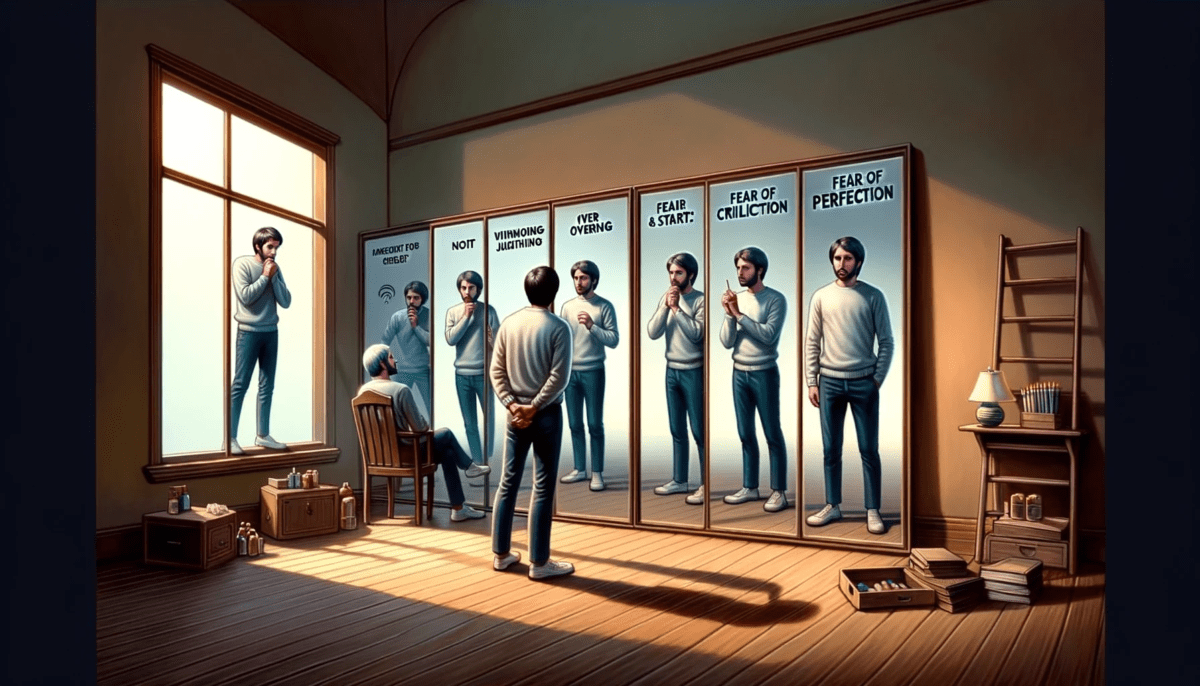

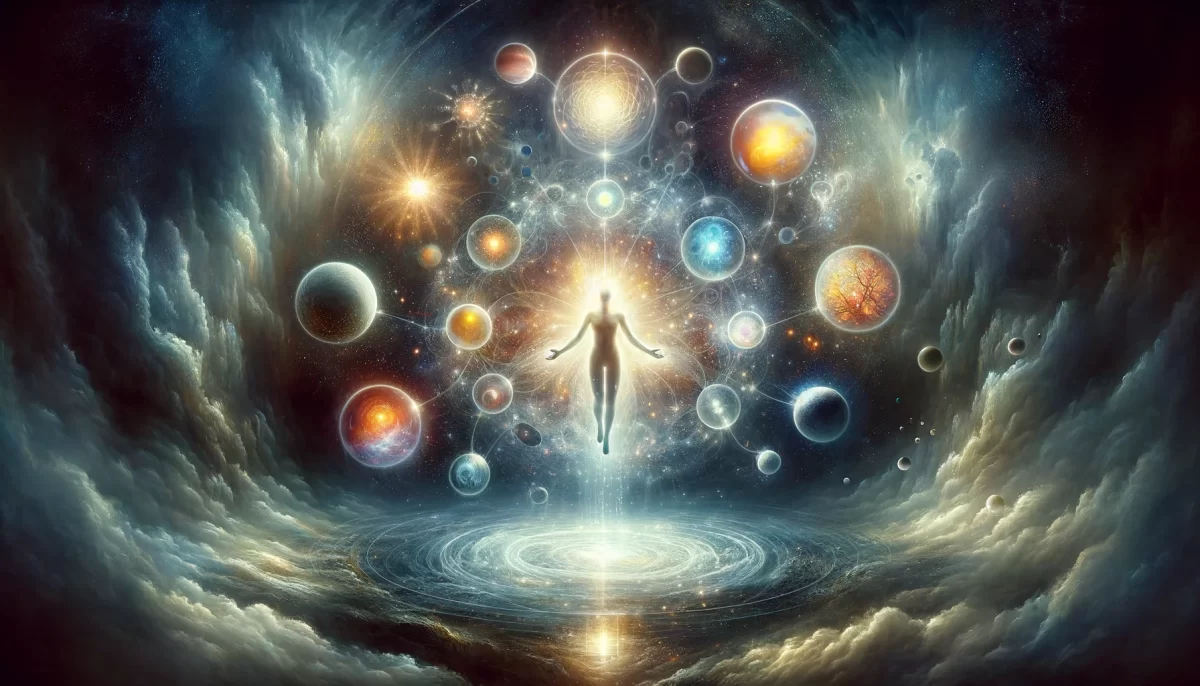
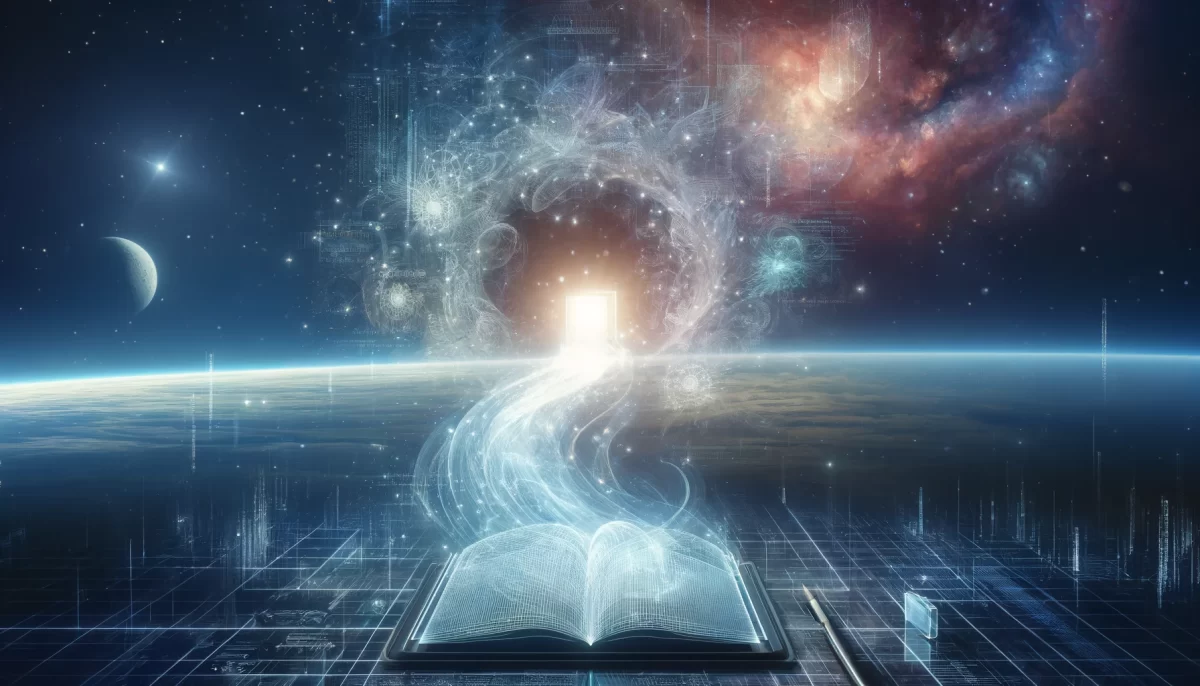
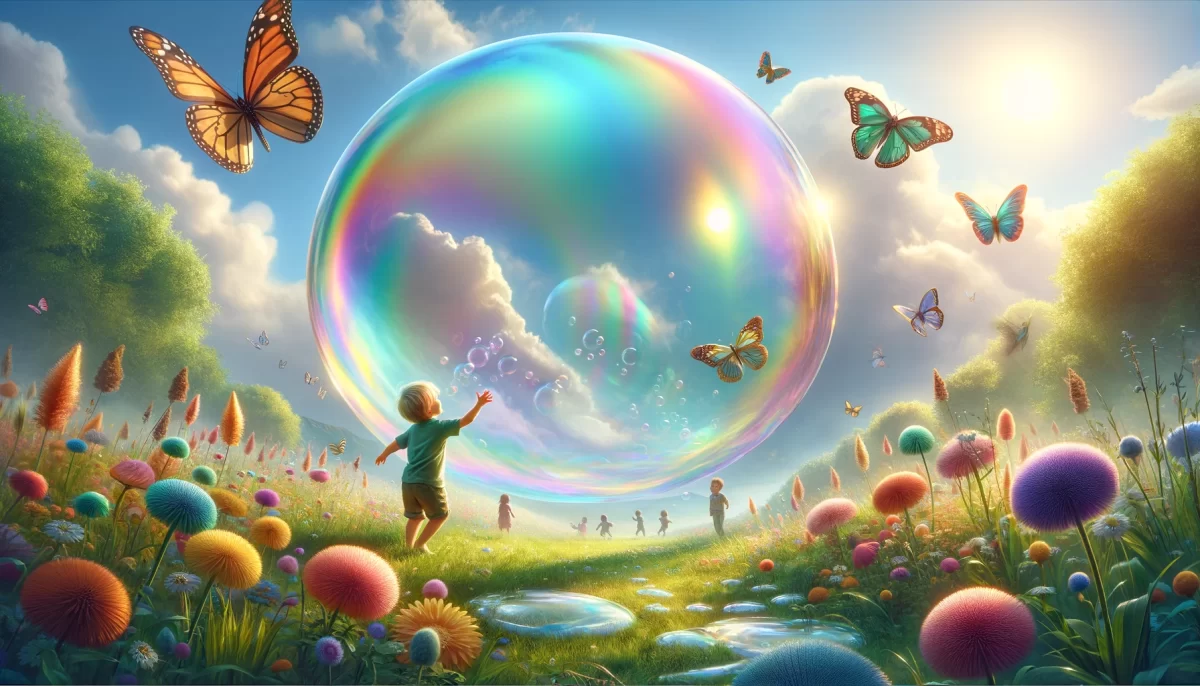
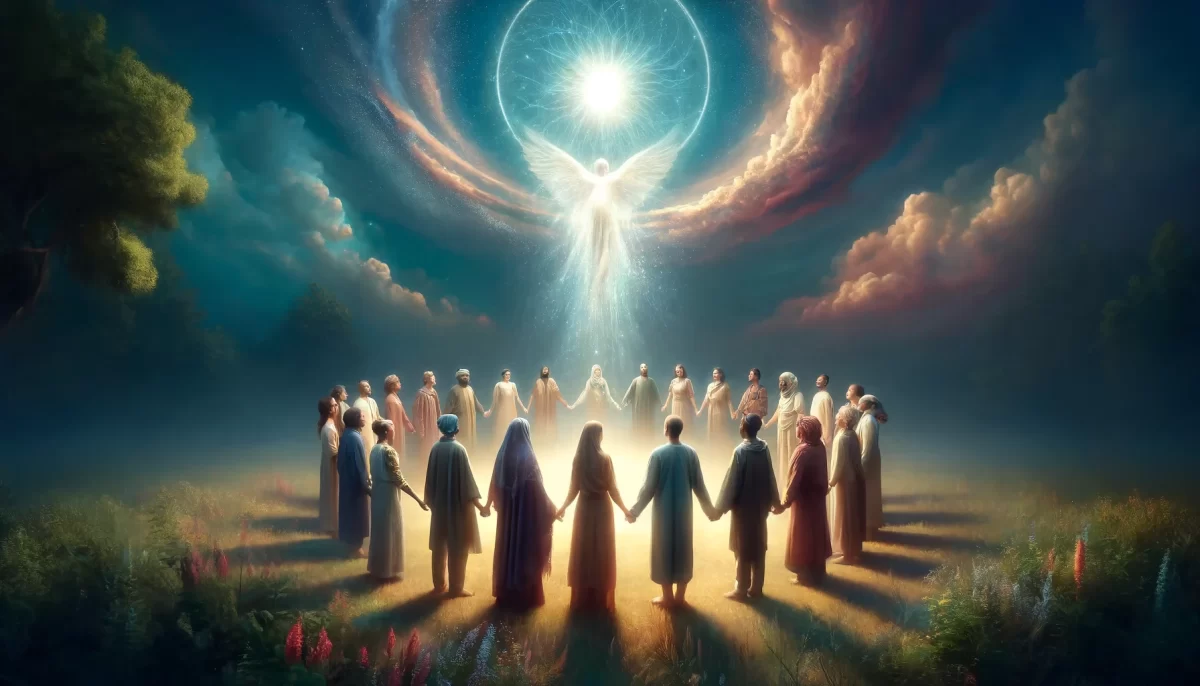
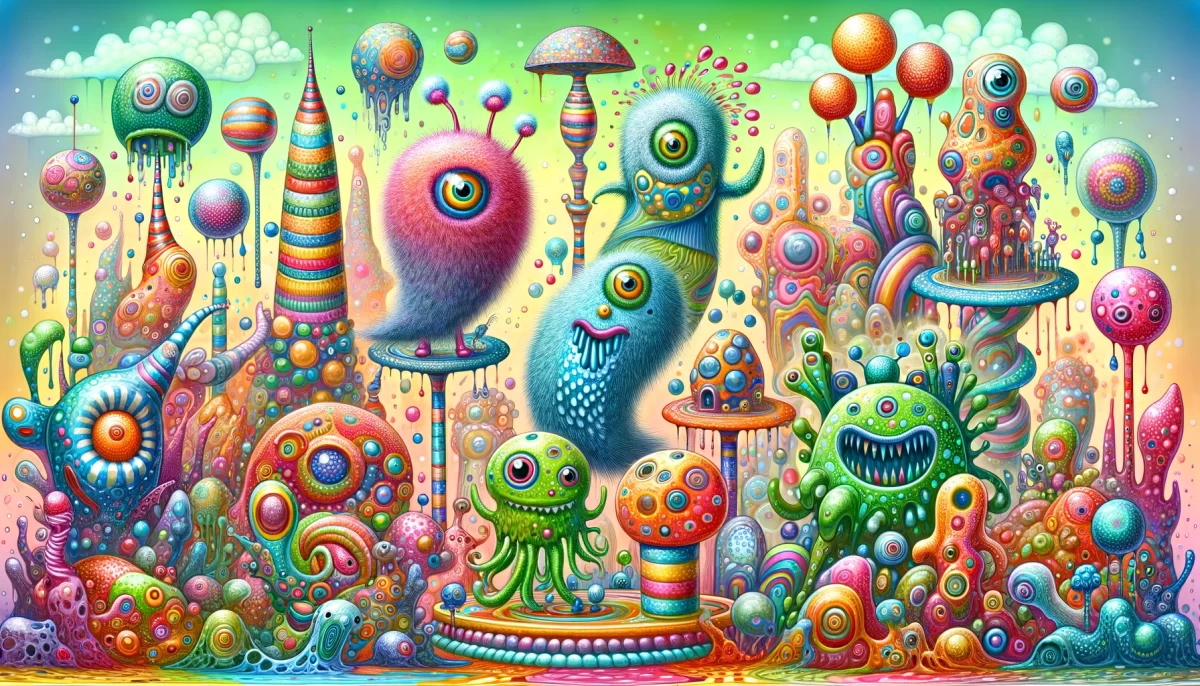

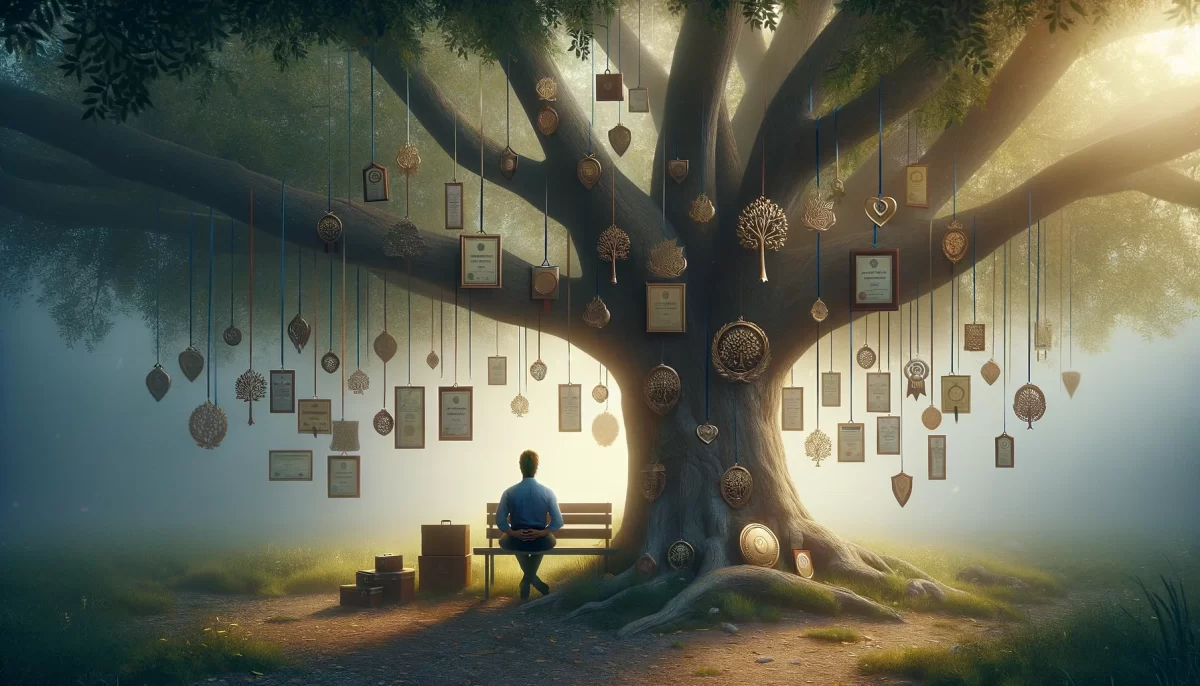
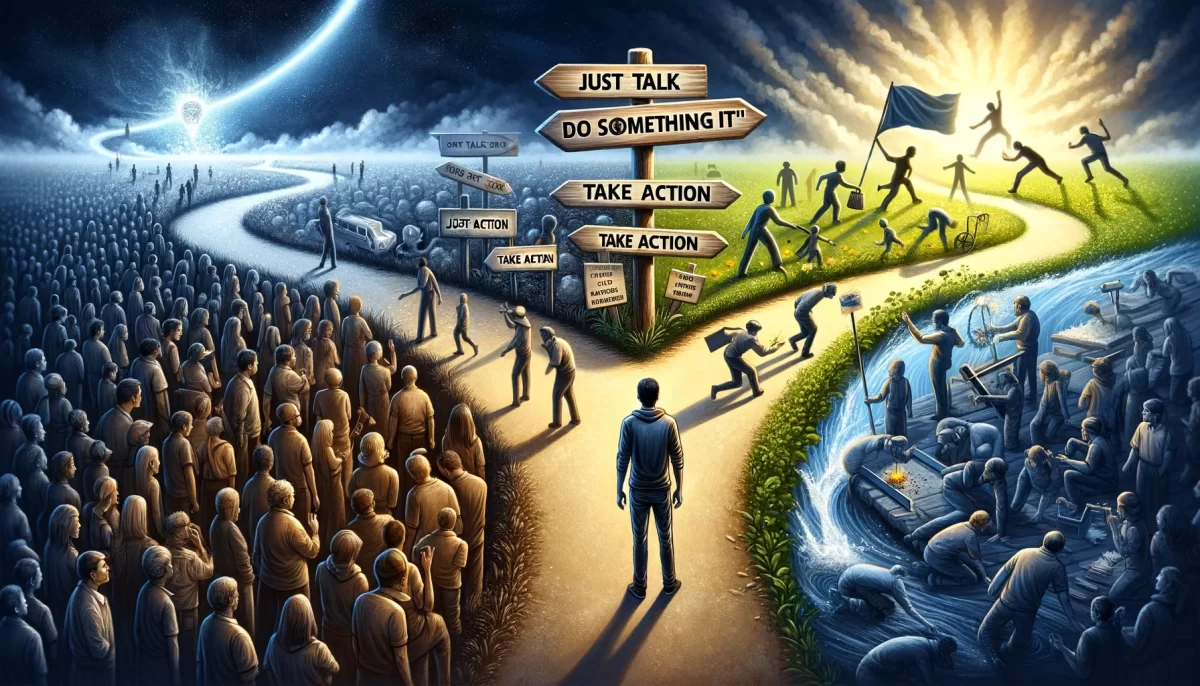
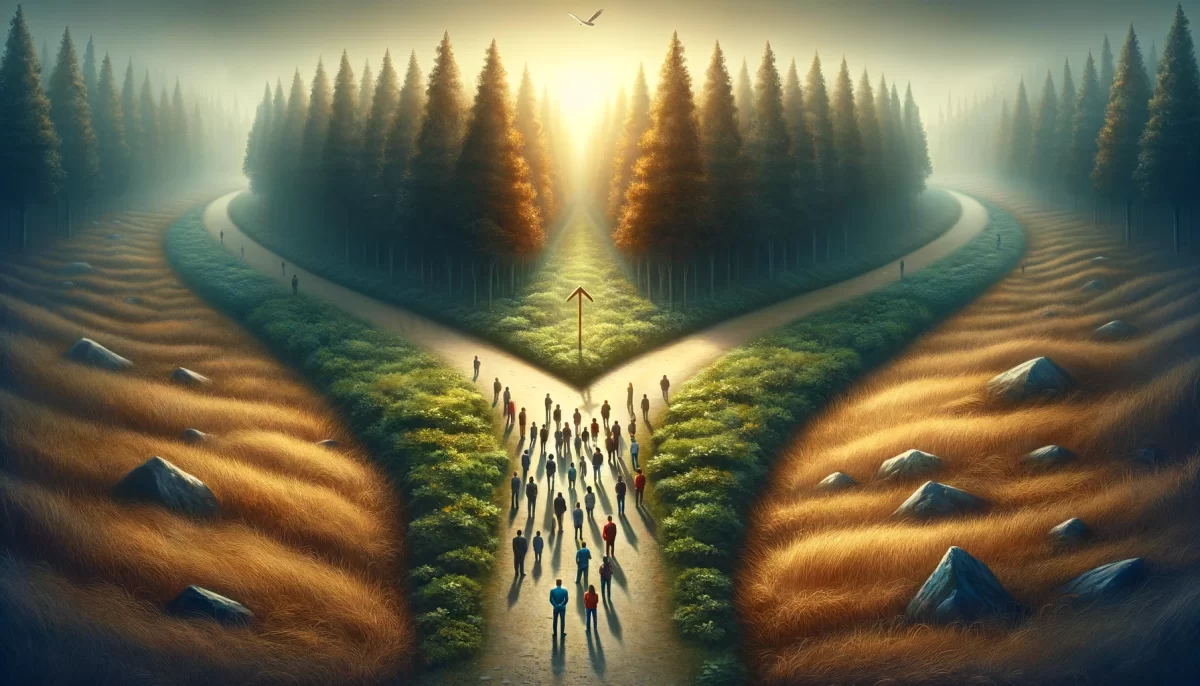
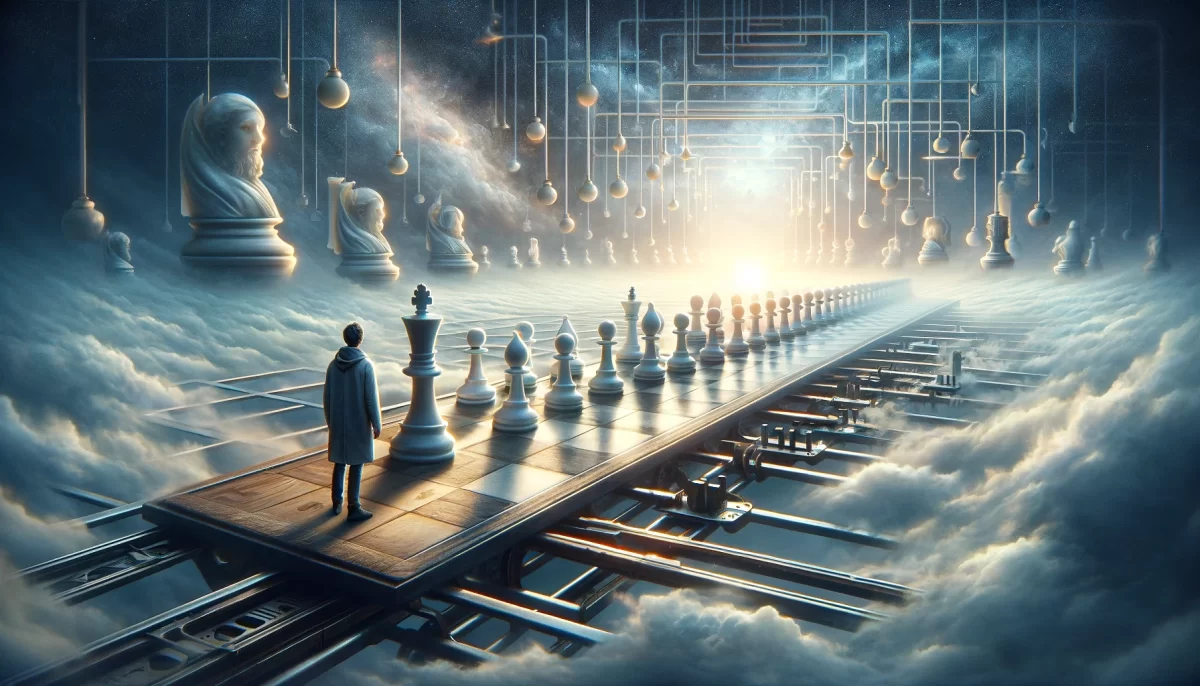
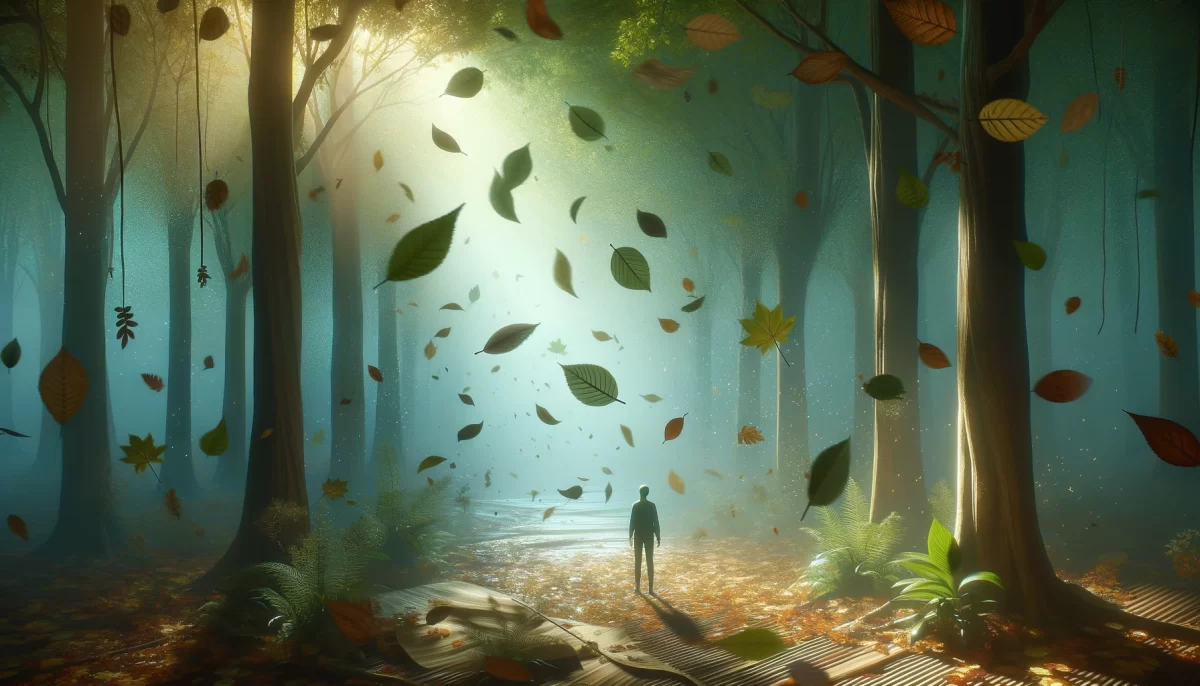
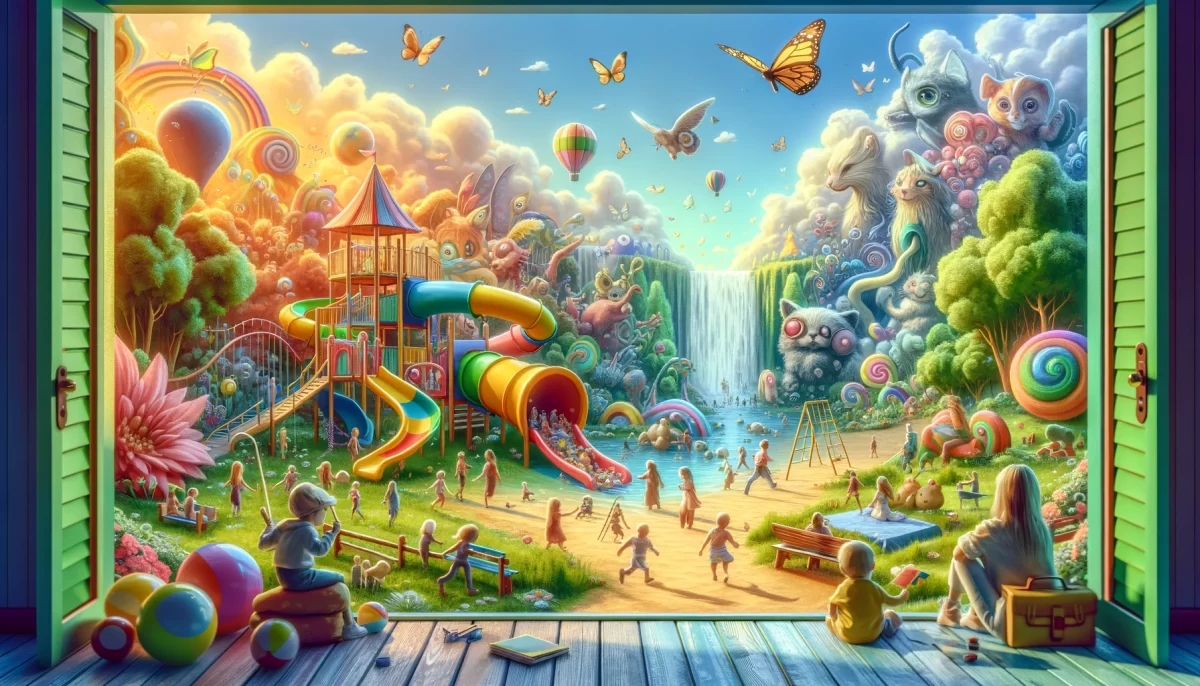
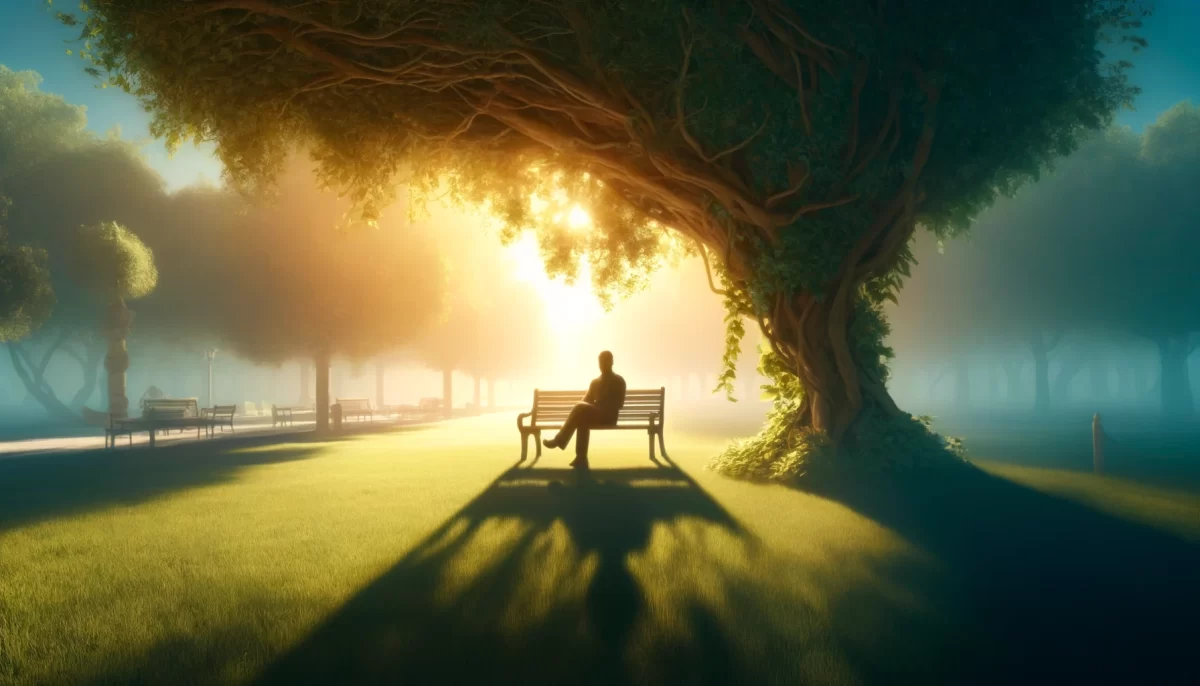
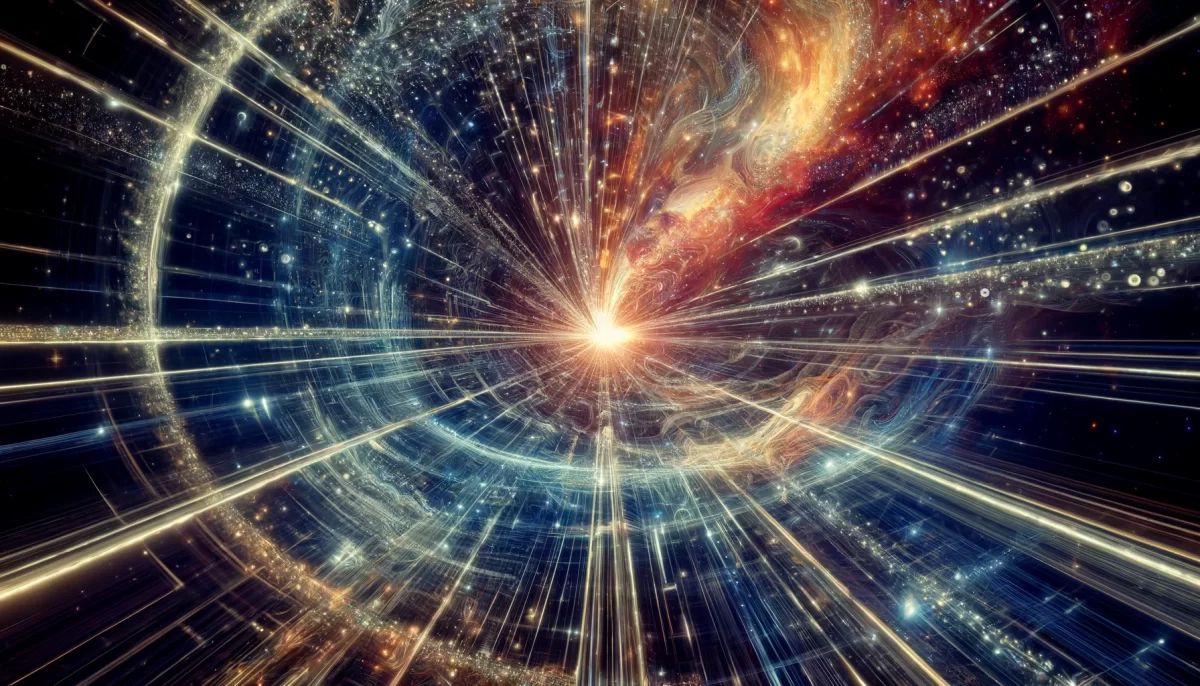
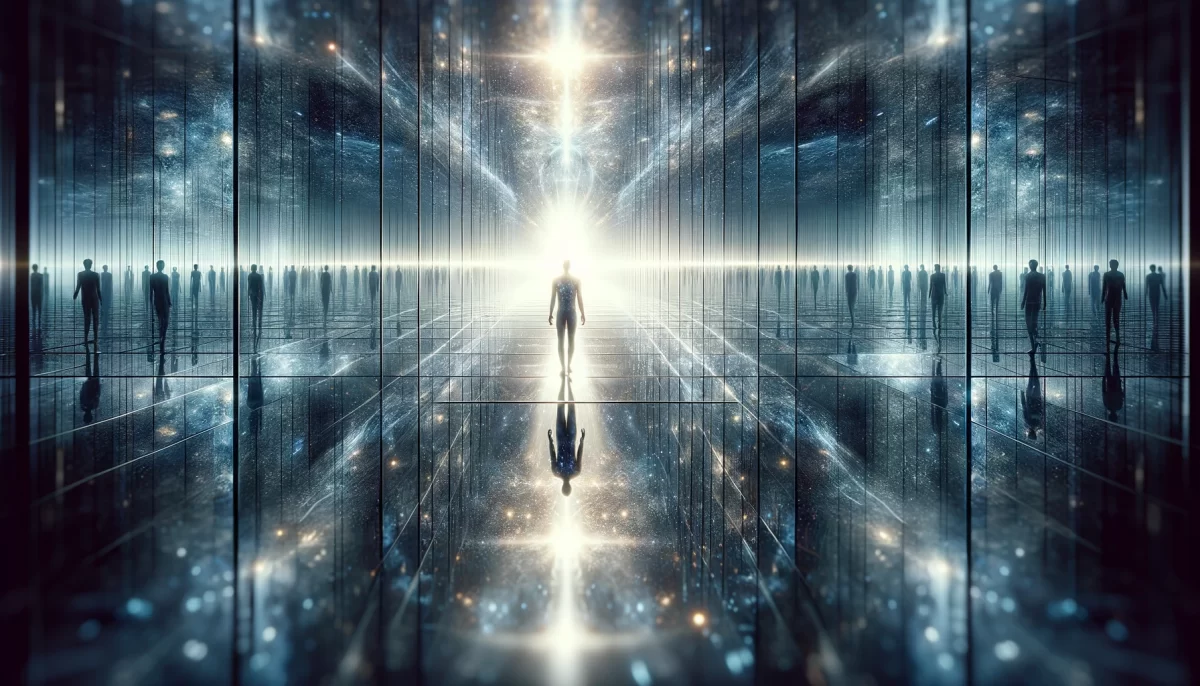
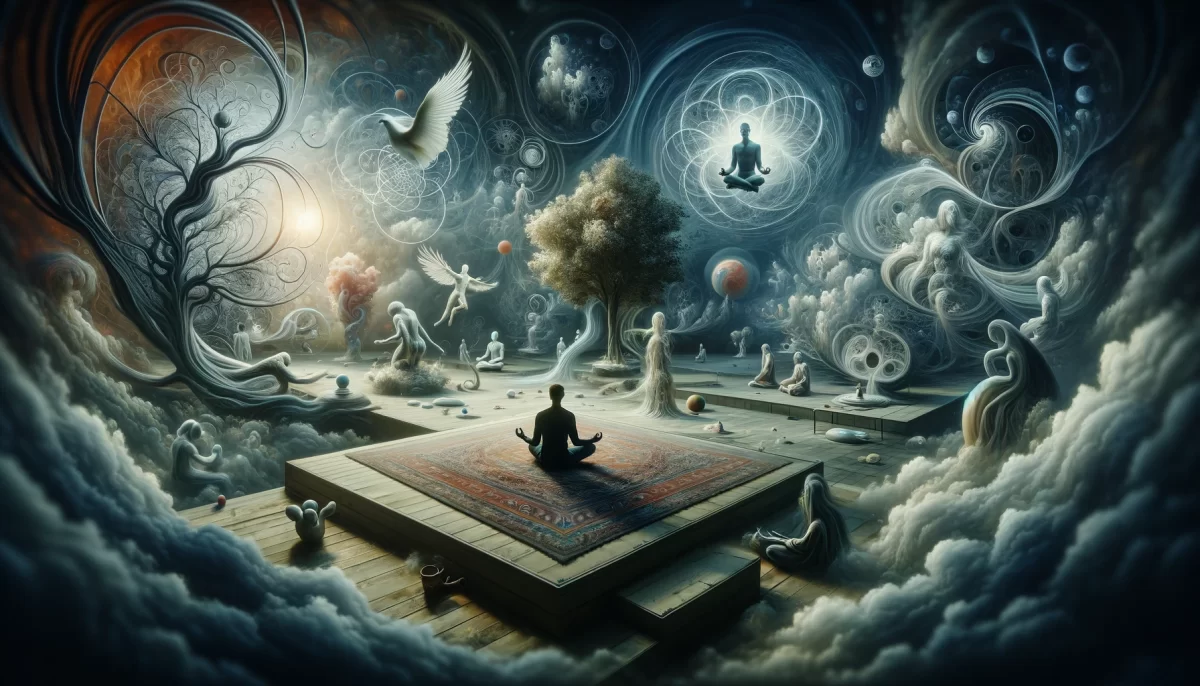
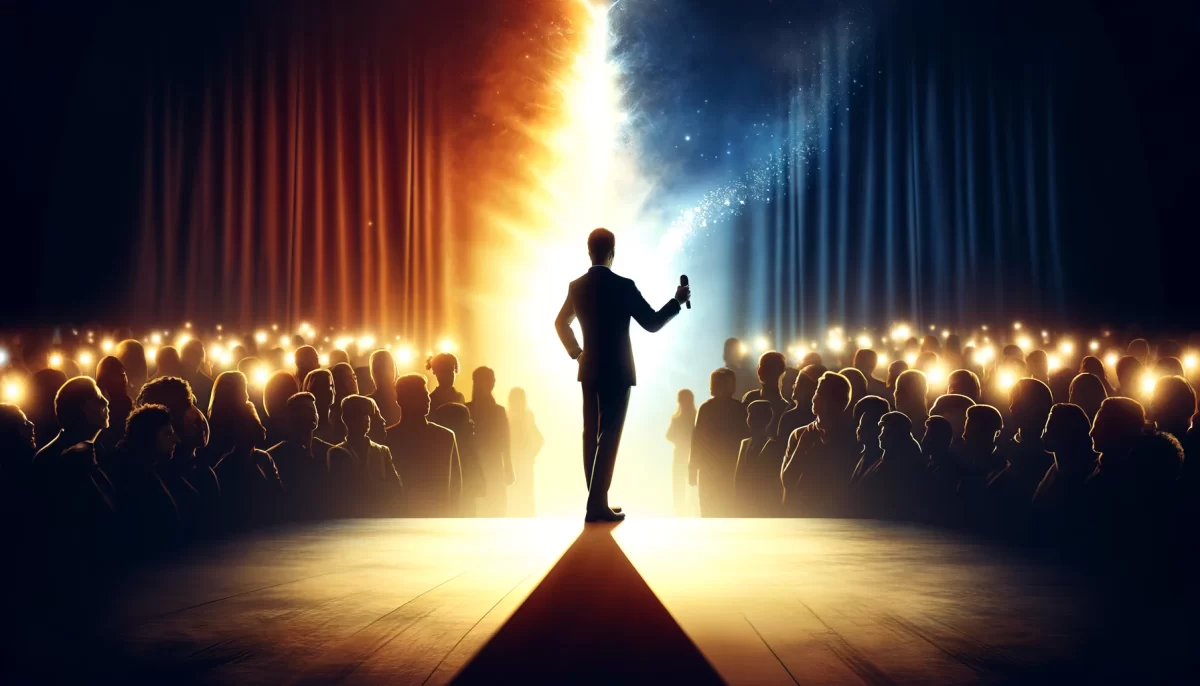
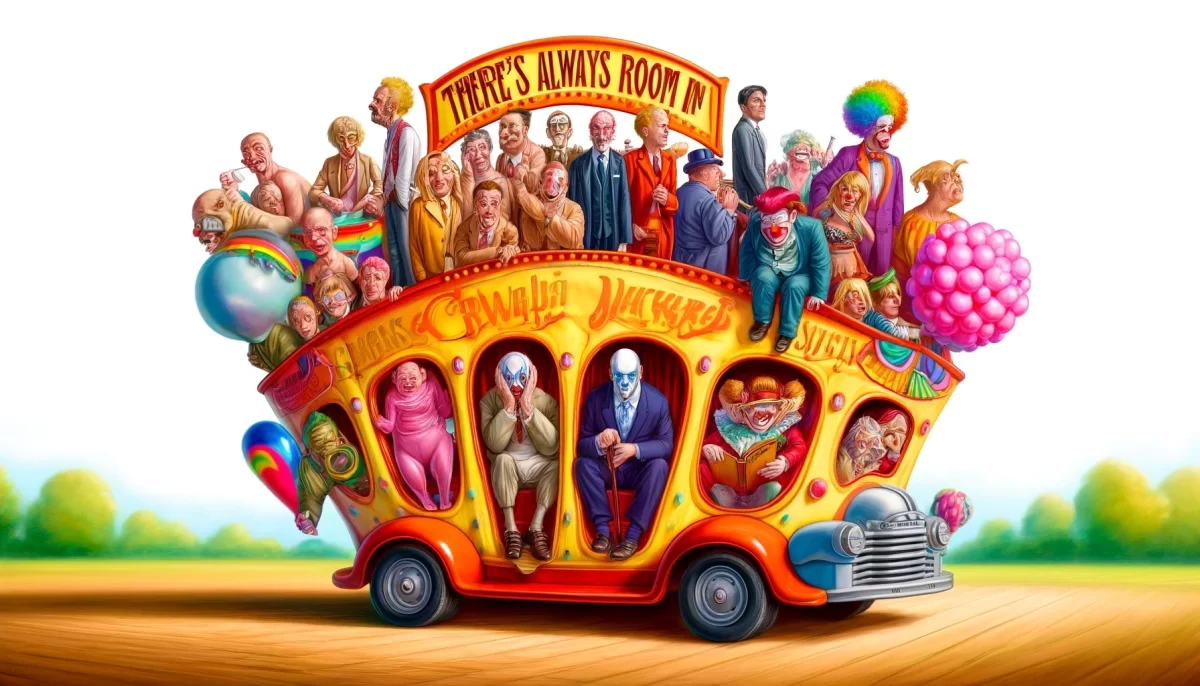
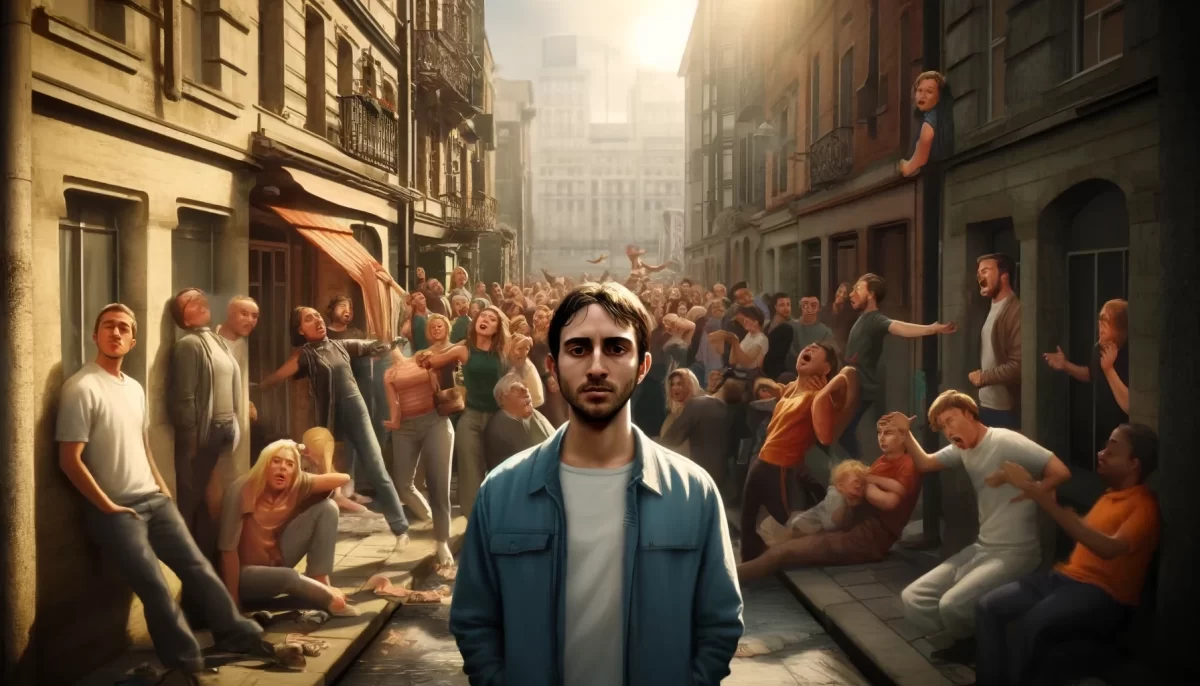
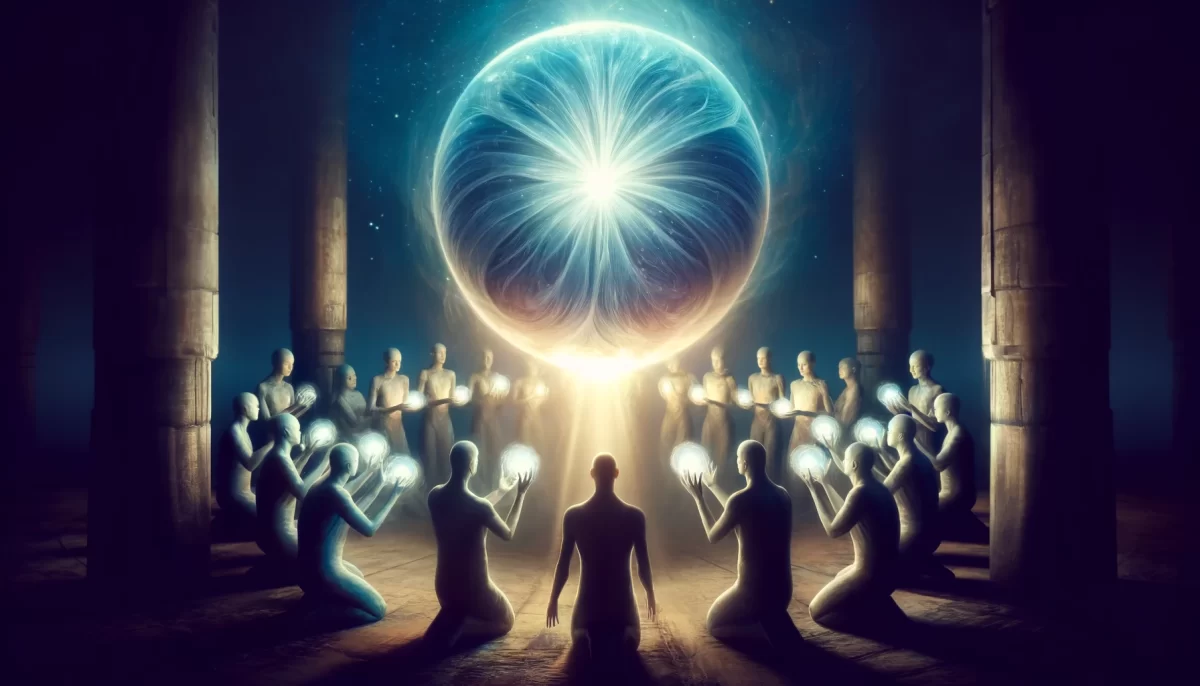
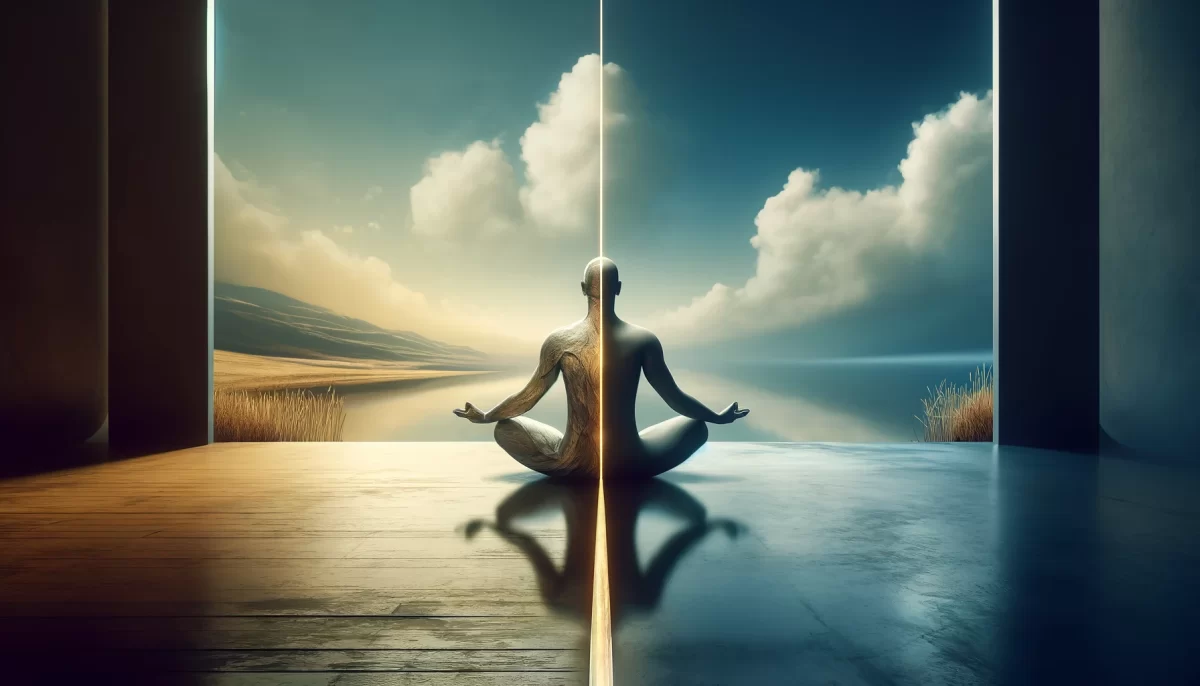
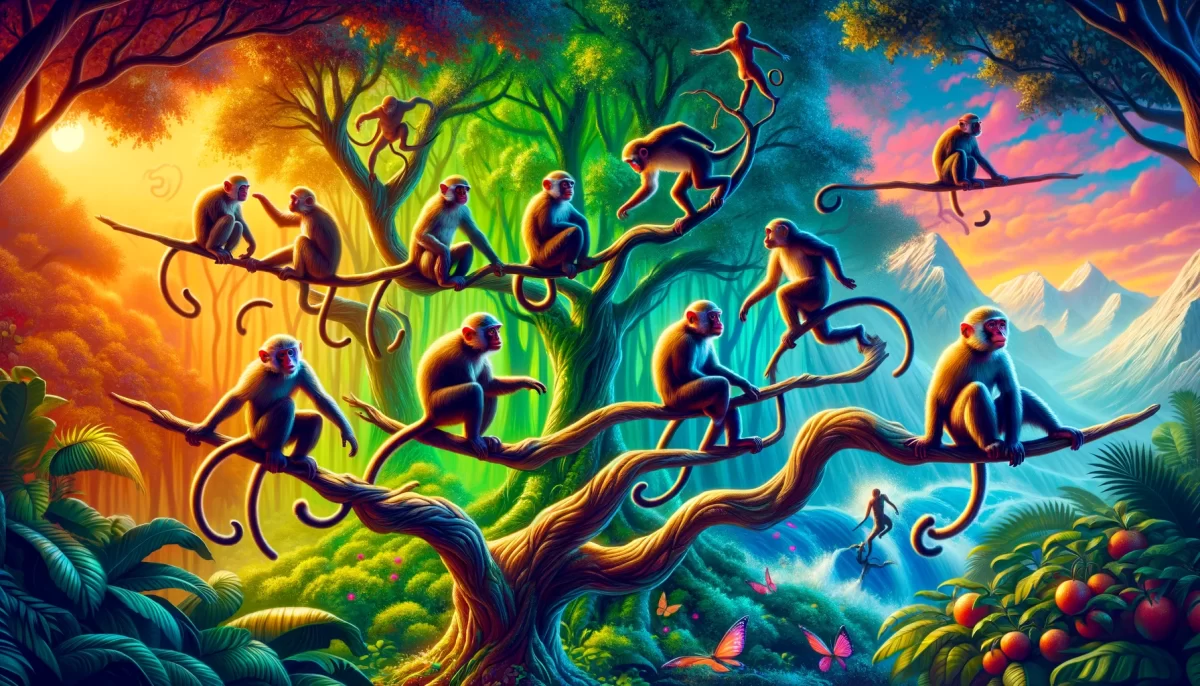
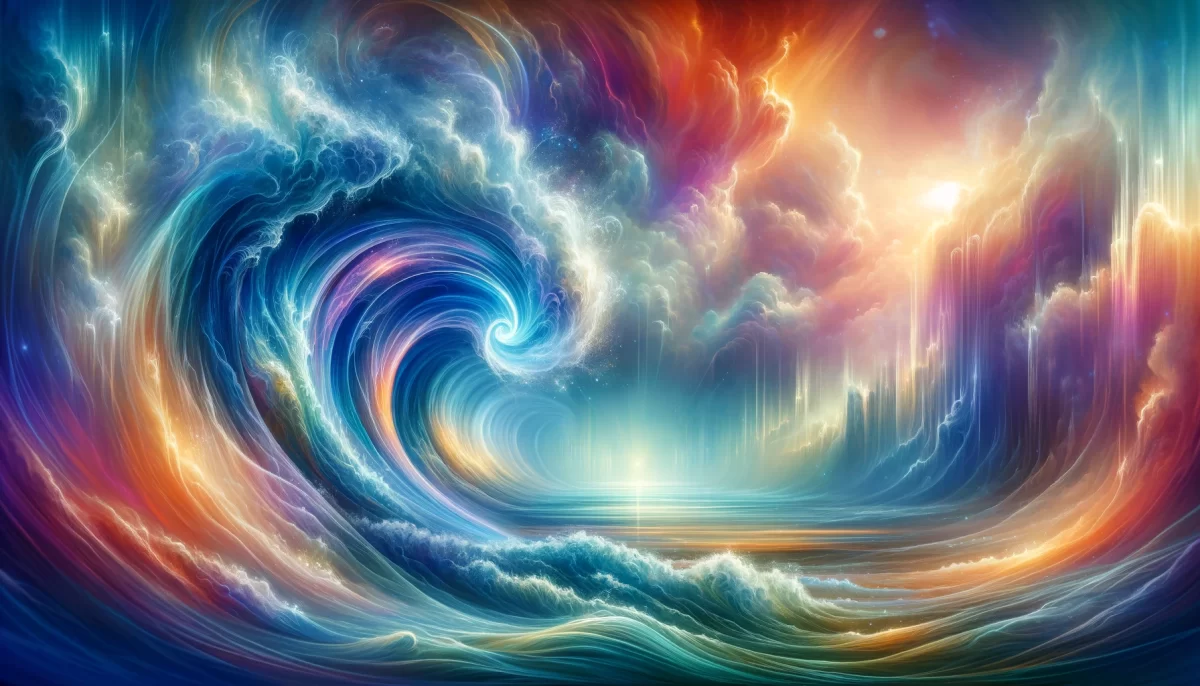
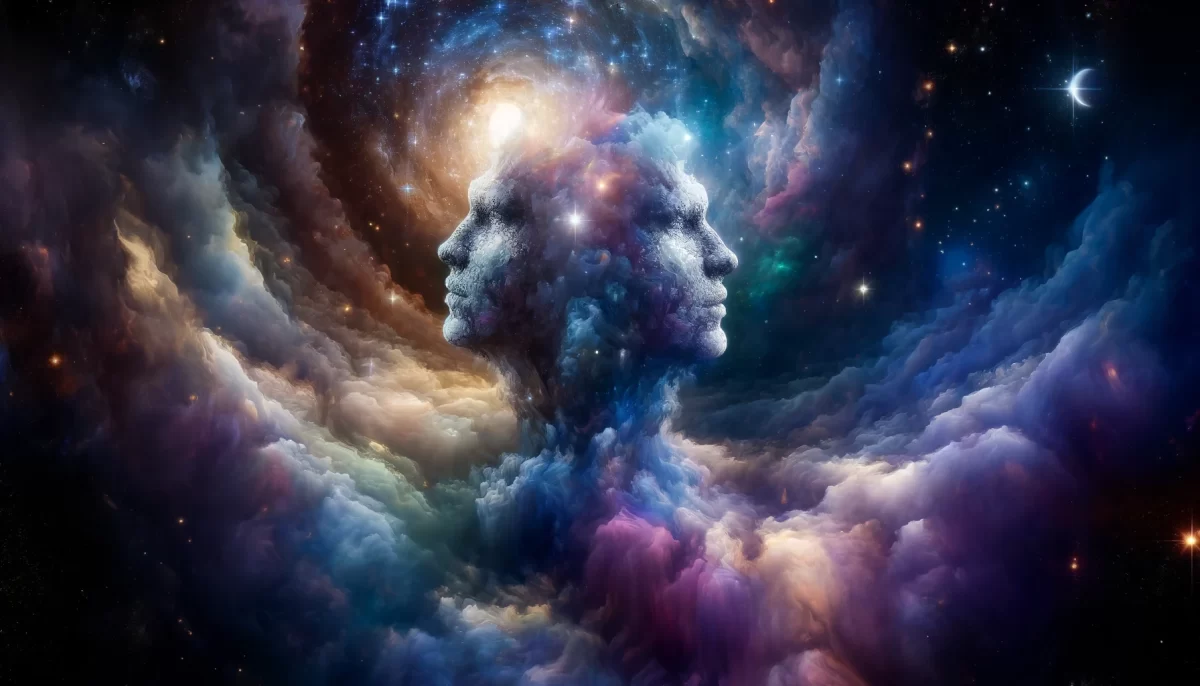
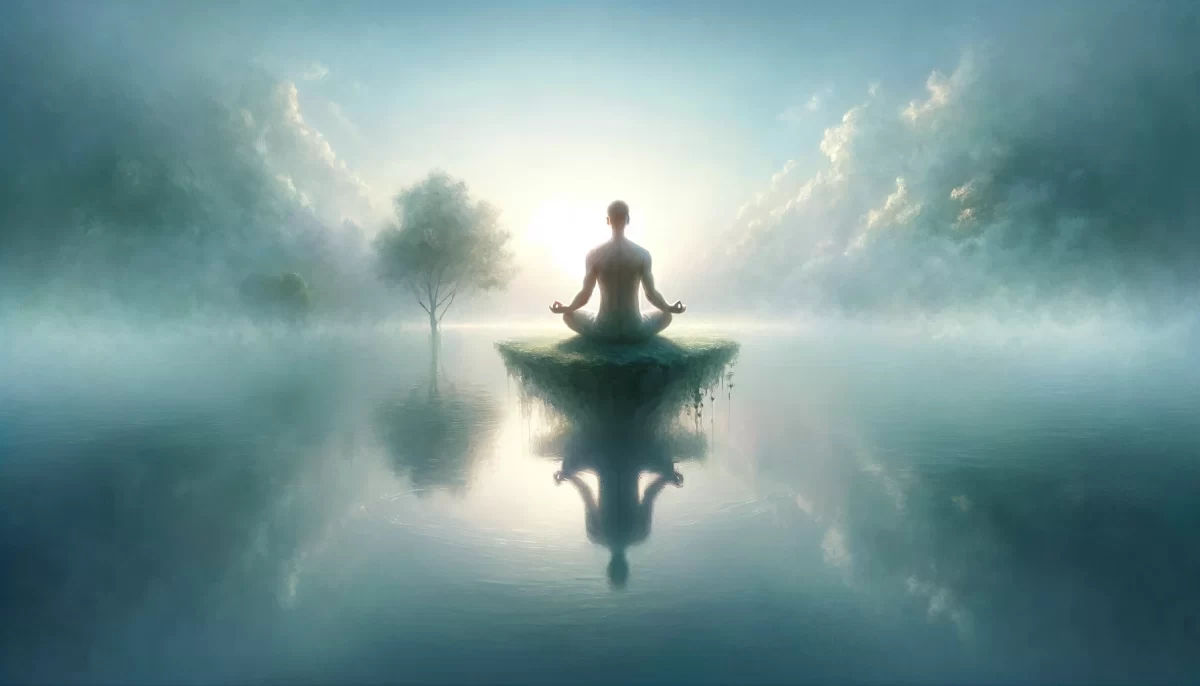
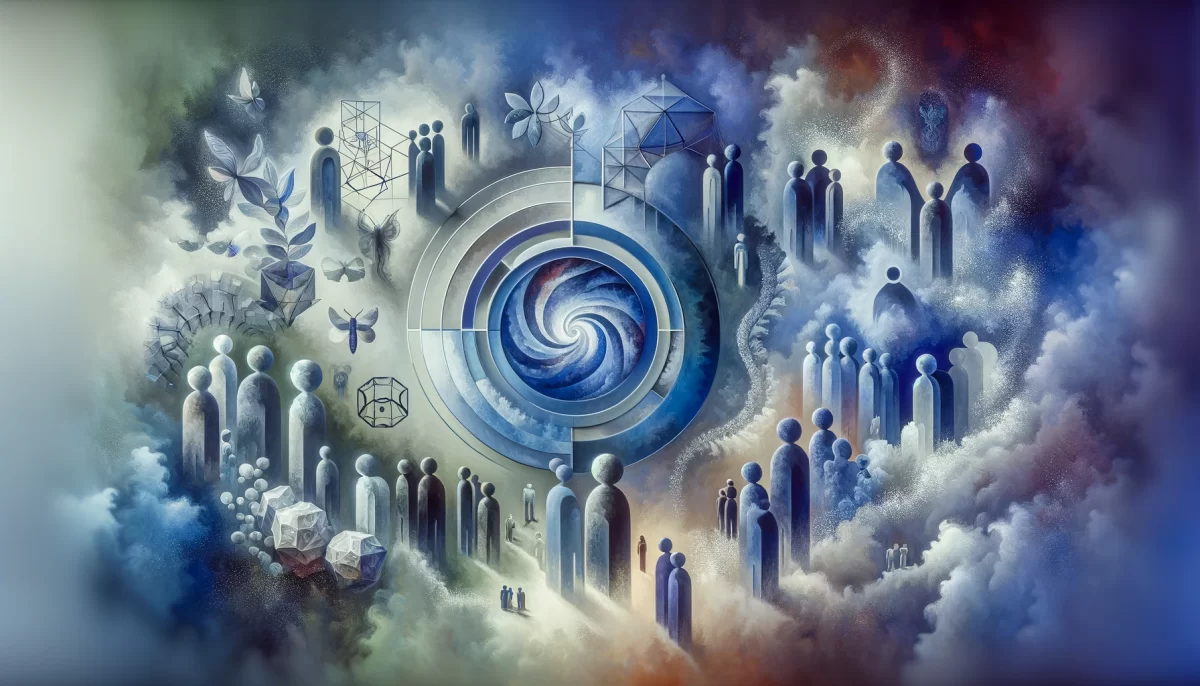
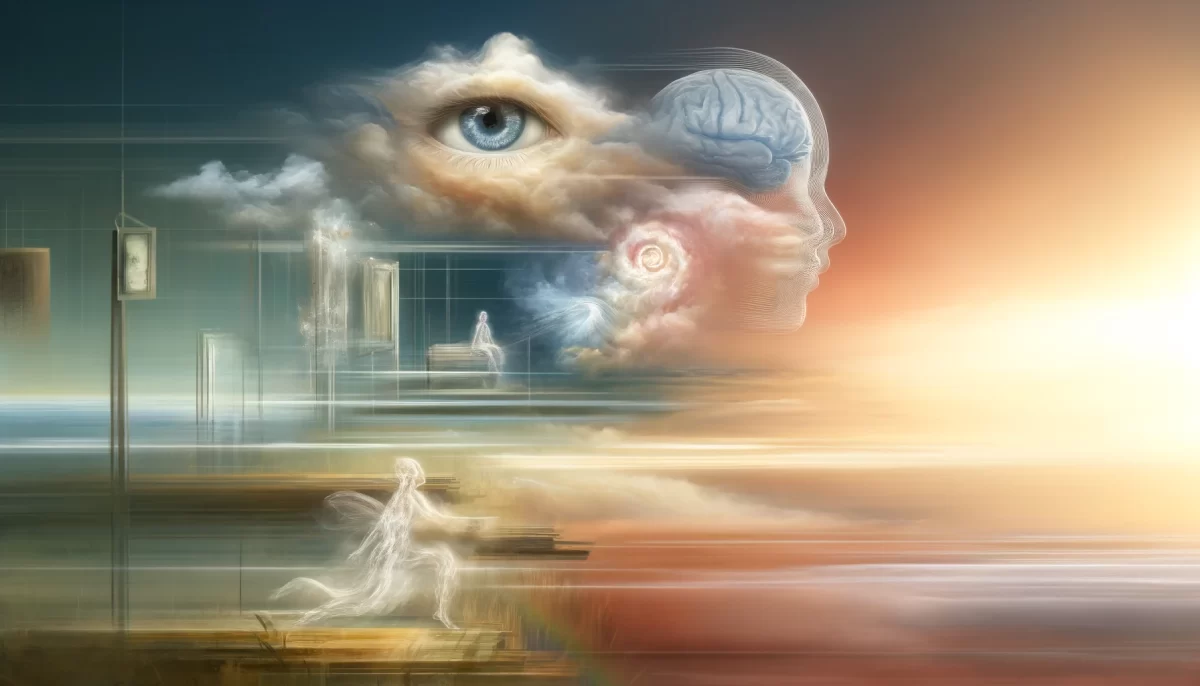
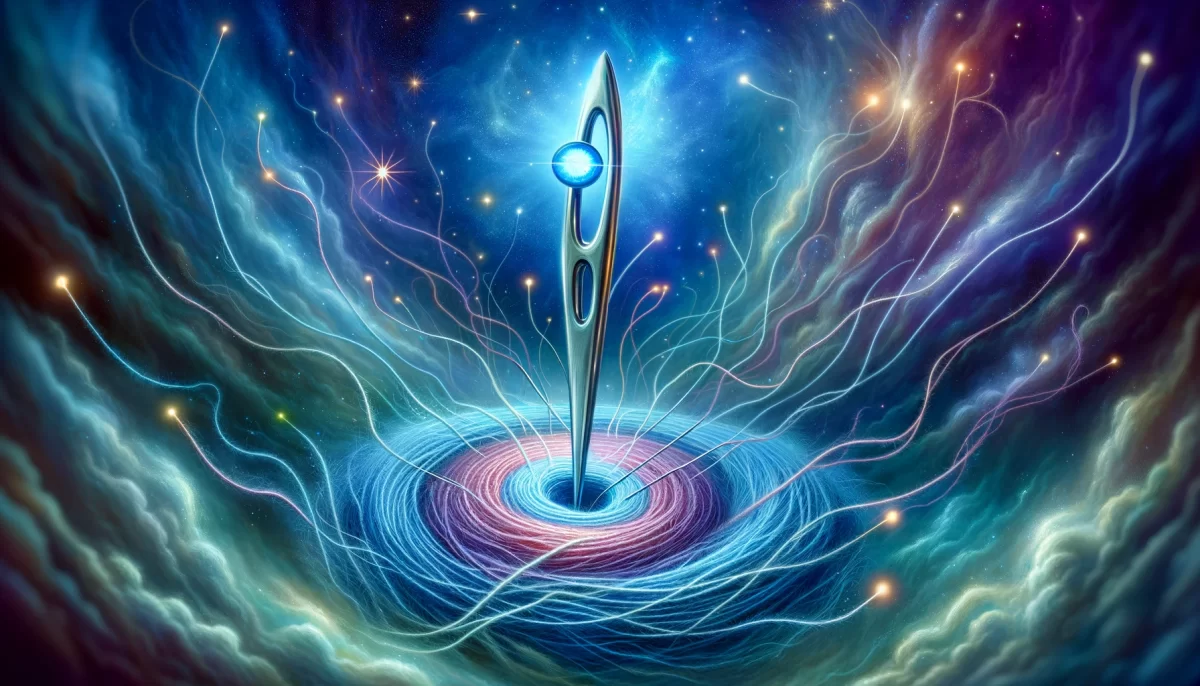
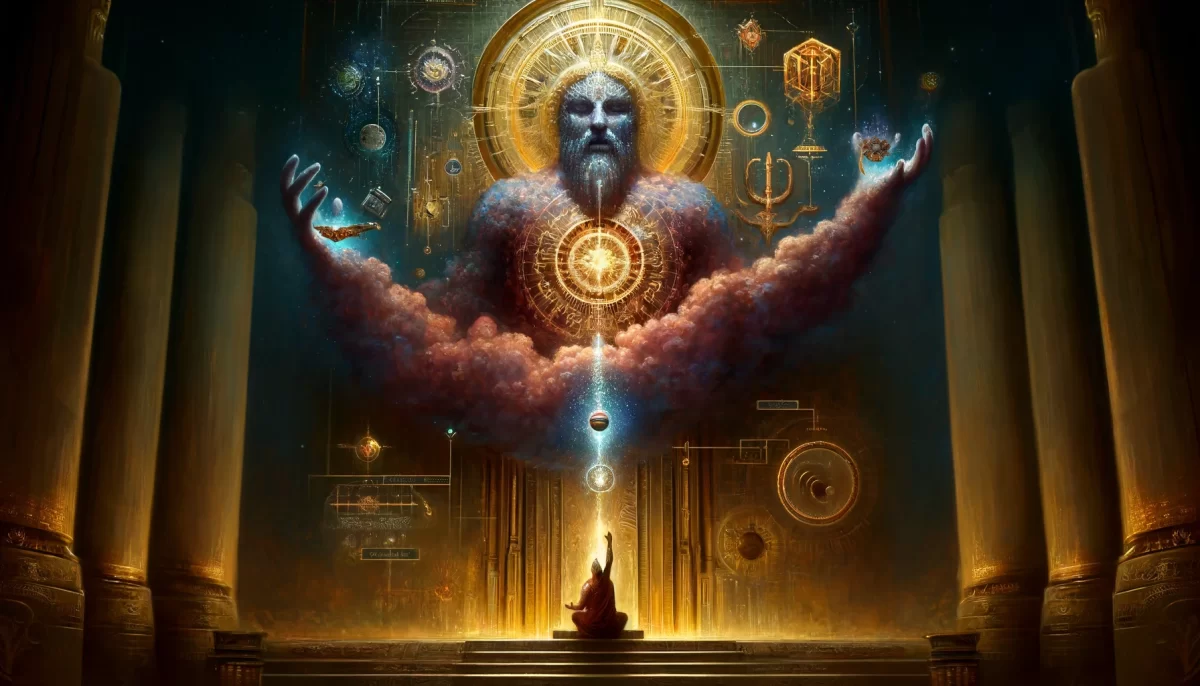
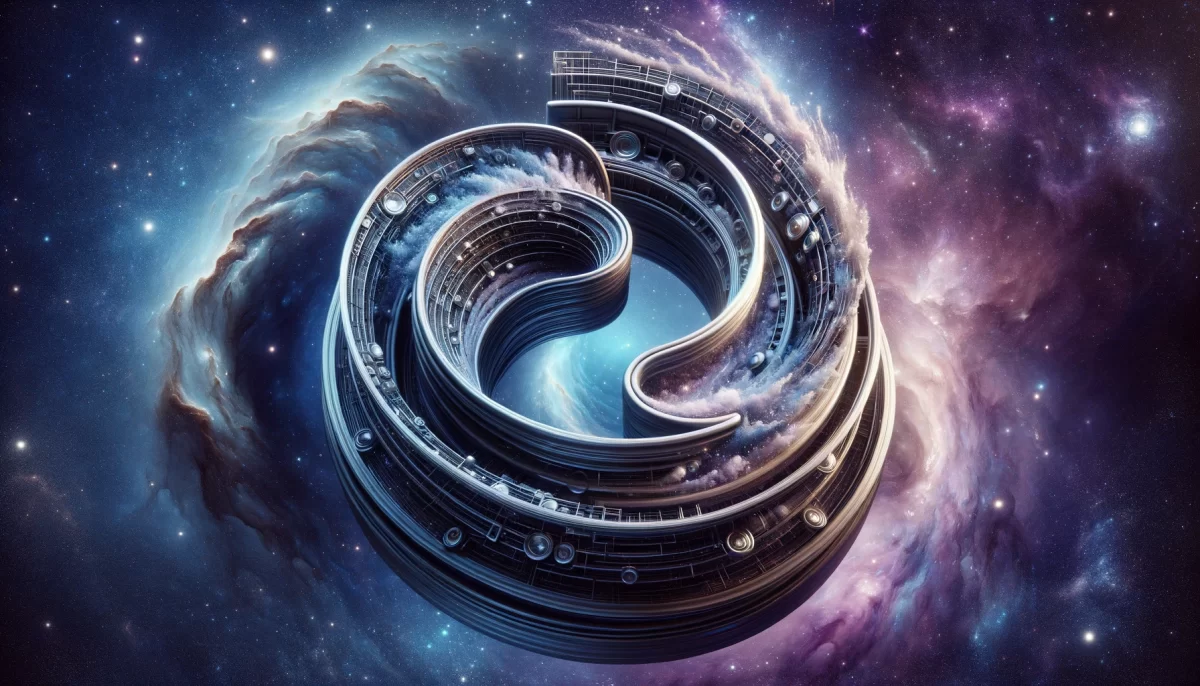
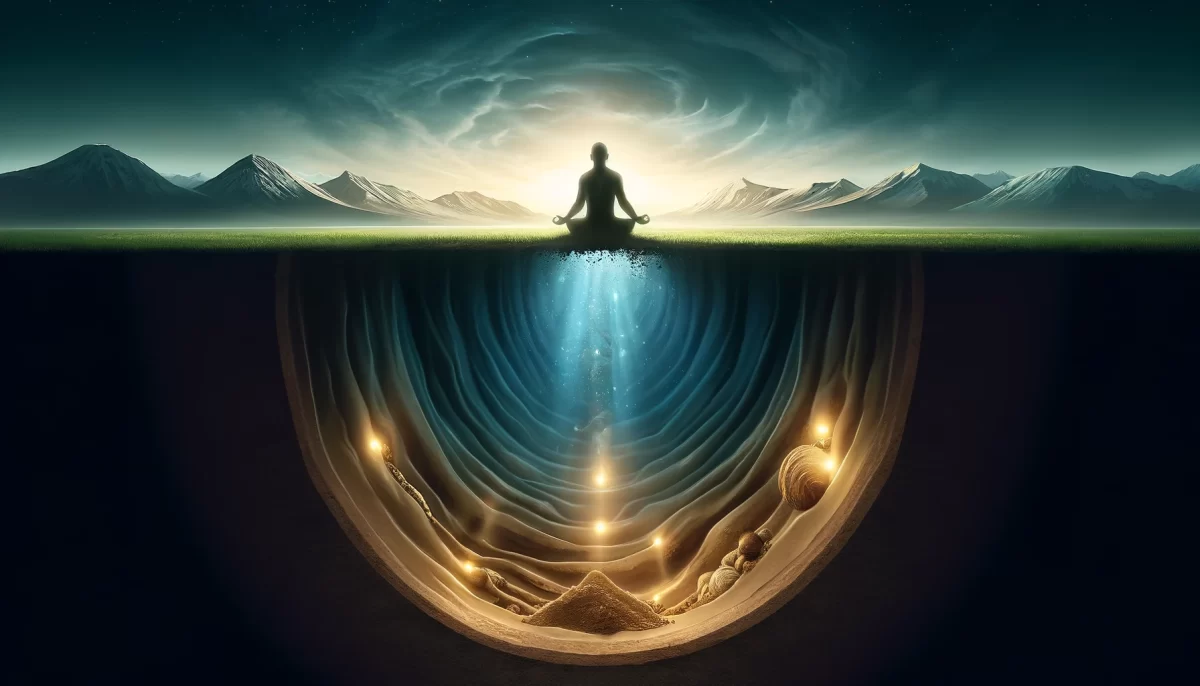
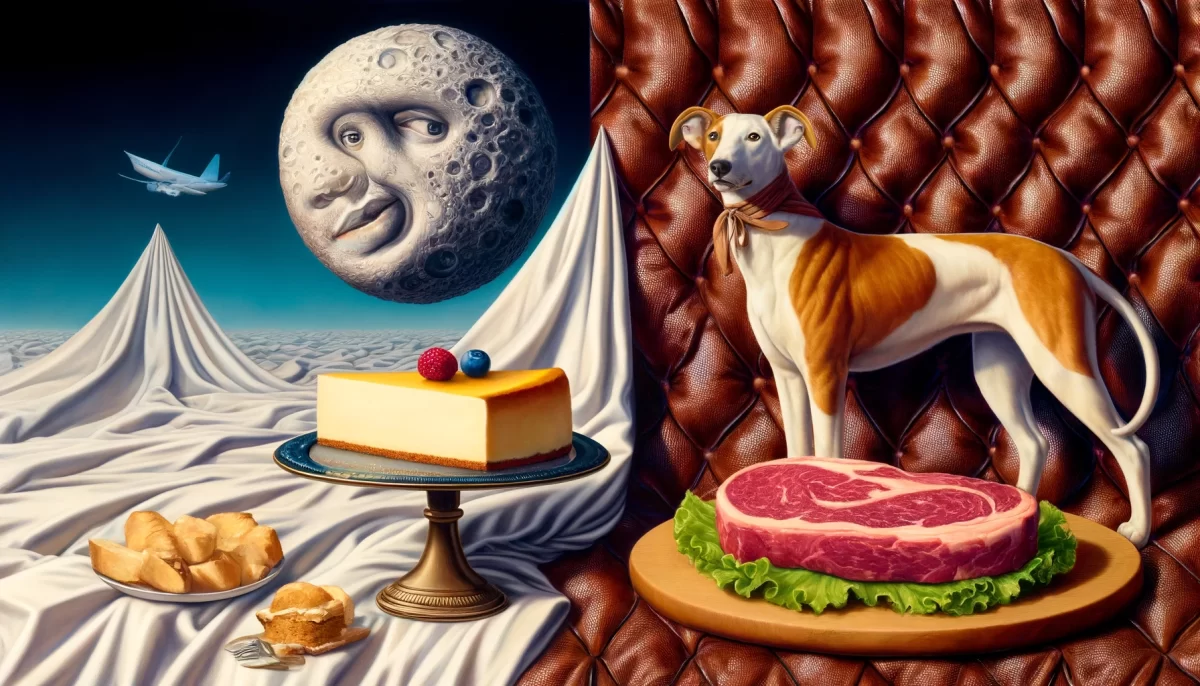
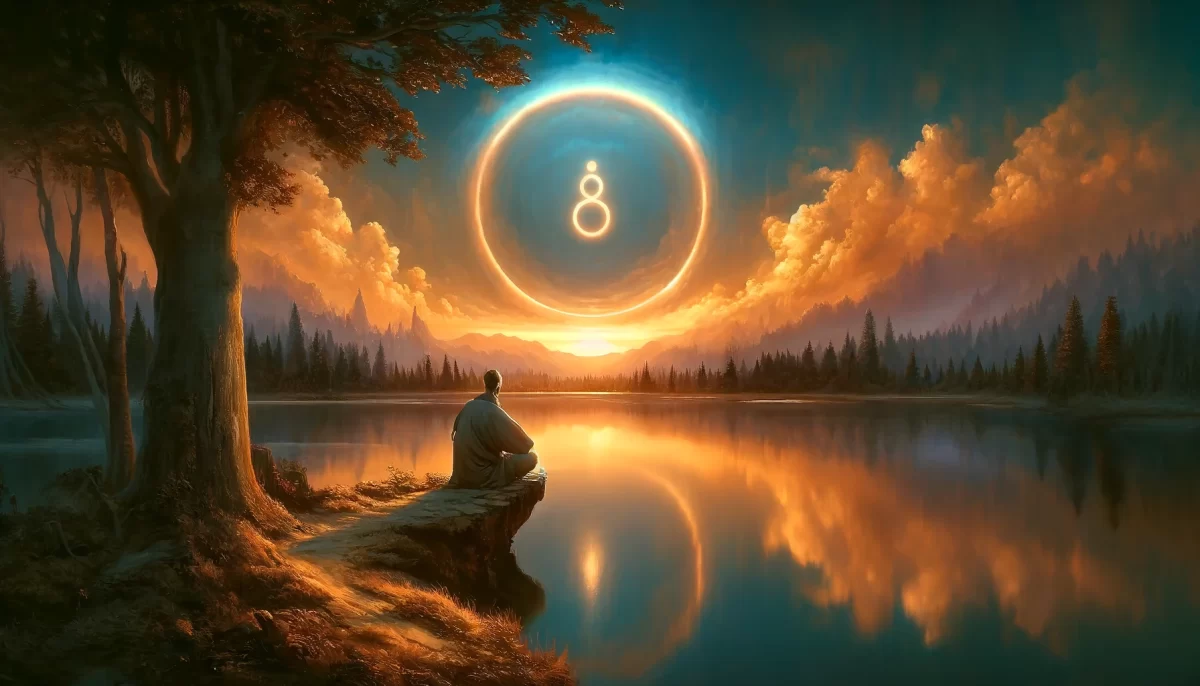
Leave a Reply